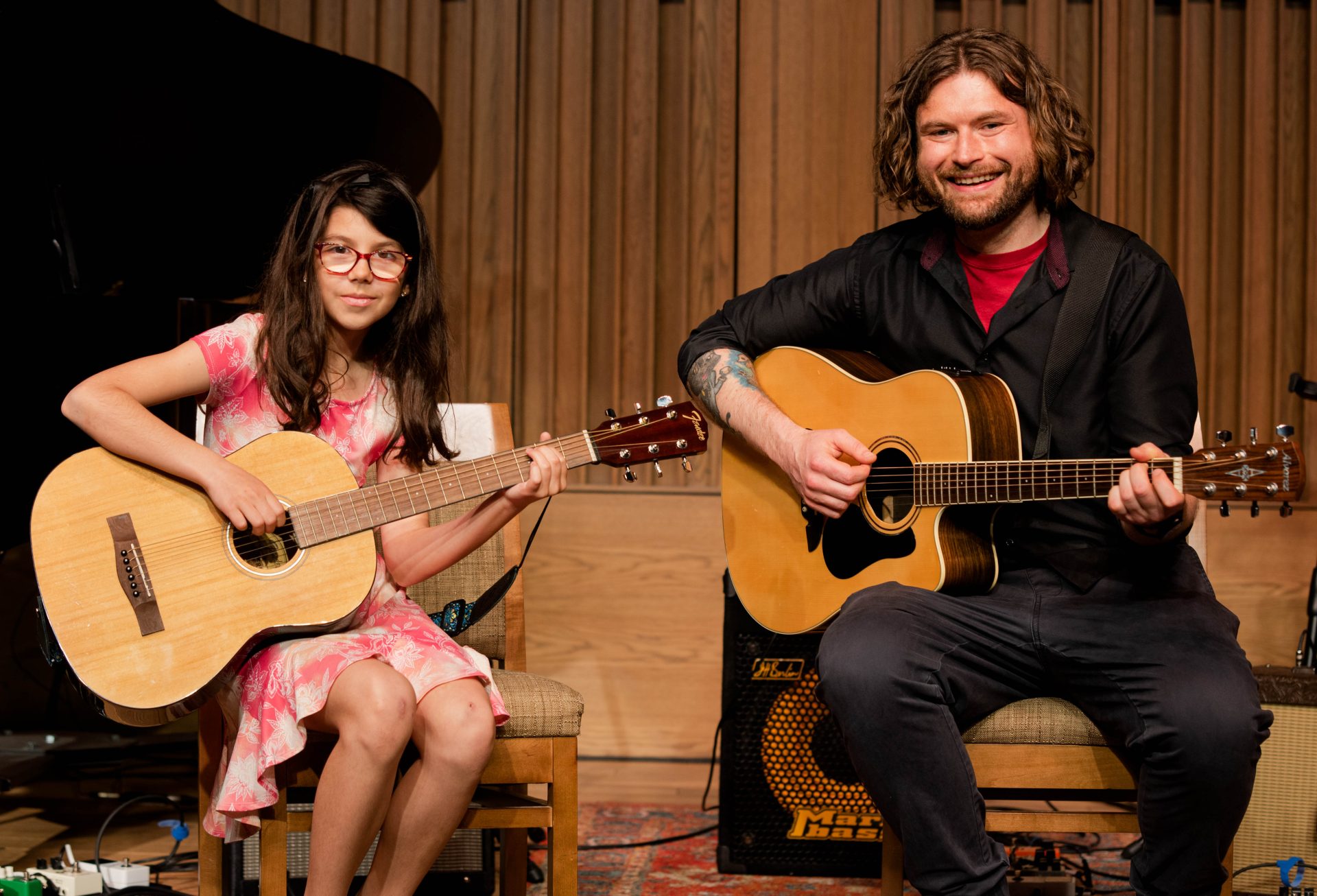Do I Have to go to Music School? The Benefits of a Degree in Music


By: Shannon Czapla, Voice, Ukulele, Piano, Guitar & Mini Music Makers Instructor
Deciding whether or not to pursue a degree in music can seem like an impossible task.
While many people will have opinions on which is best for you, at the end of the day it depends on the individual.
If you feel like you had a poor primary school music education and are confused on the basics of music theory like I was, music school can be a challenging but very fruitful experience. It can piece together key fundamentals of music while connecting you with other players. There will be more advanced players than you at the school even if it’s only your teachers, so this will force you to play up and practice.
Having nearly 24 hour access to a piano and small practice room made it much easier for me to put in the hours of rehearsal necessary for success. I was usually too shy to practice in front of others, since singing tends to be a very personal instrument. If this is something that resonates with you and you would be living in a dorm, it might be worthwhile to live on campus and grind in solitude.
There are several music degrees to choose from which help you obtain the music career you want. Schools are typically known for having a strong jazz department or for having celebrated classical musicians. However, the school might not have both concentrations developed.
Be sure to look into other players that have recently graduated or research the staff online. Getting a music degree is different from other degrees because you will need to play your instrument in front of classmates. This can be vulnerable, but having a good faculty to train you can help ease anxiety.
Contemporary degrees allow you to explore the art of songwriting and the modern music industry with genres such as pop, country, and rock.
Performance degrees allow you to get close to successful music industry professionals, learning from their experiences and playing styles. They can connect you with future gigs, teach you fundamental theory and ear training, and advise you on practices of the industry, copyright, and knowledge of music history.
Music education degrees spend less time on performance, but more time on securing a classroom job and how to teach in groups as opposed to performance degrees, which are catered more towards teaching privately and playing gigs.
If you choose to be a free range musician, you can curate your style quicker and focus only on what you want to learn. You will also have more time to write, although going to school for songwriting is also an option.
If you feel like you are lacking the discipline needed to have a well-rounded practice routine, need fundamental music knowledge, or need connections, university could be good for you. Looking at the cost of the school and considering employment after graduation is also a good idea.
Overall, the decision of whether or not to attend music school is yours to make. As is the case with any degree, there are pros and cons – what matters is what you learn and what you make of it!
Sign up with your email address to receive news and updates.